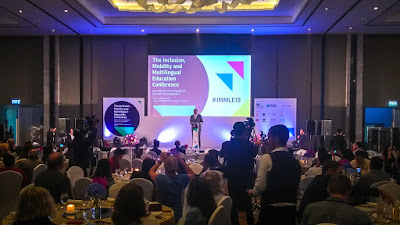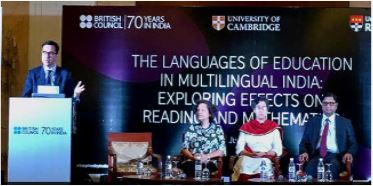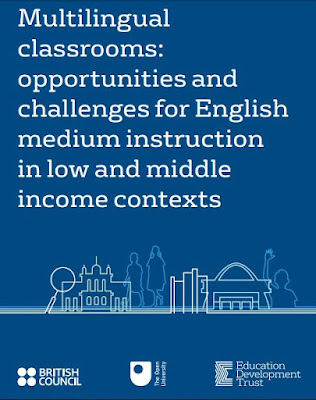Embracing Multilingual Pedagogy: Insights from the School Education Conference 2025
A joint conference between government, civil society and universities is always good for cross fertilisation. The British Council focused the yearly School Education Conference this year on multilingual pedagogy and practice in school education. At these conferences a significant number of teachers attend: a good way to interact with the multilingual classroom realities! The School Education Conference 2025, held on February 4, 2025, in collaboration between the Central Board of Secondary Education (CBSE) and the British Council, was a pivotal event focusing on "Enhancing Multilingual Pedagogy and Practice in the Classroom." The conference aligned with India's National Education Policy (NEP) 2020 and the National Curriculum Framework for School Education (NCF-SE), emphasizing the transformative role of multilingual education in fostering inclusive and effective learning environments. Conference Highlights: Theme: The central theme revolved around integrating multil...





